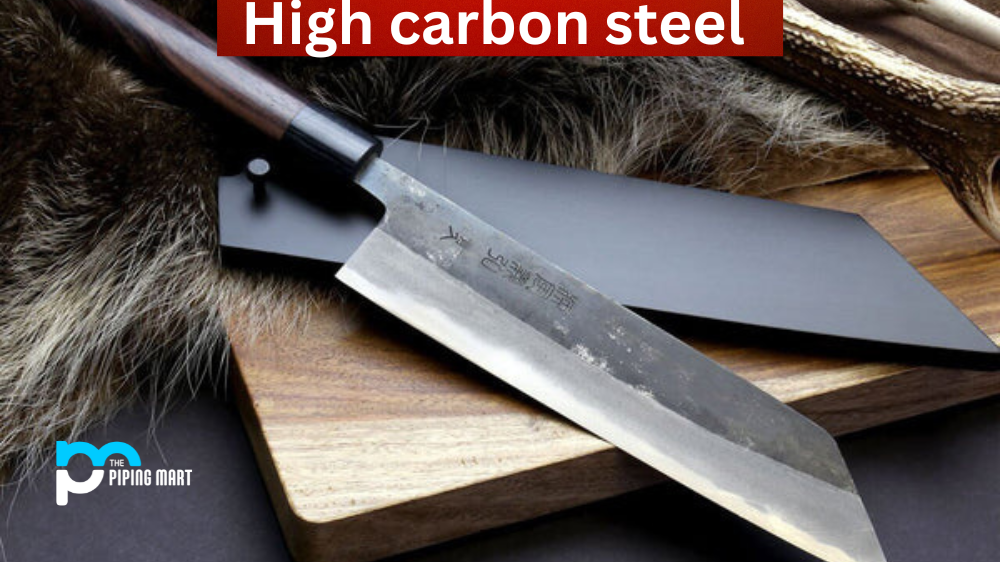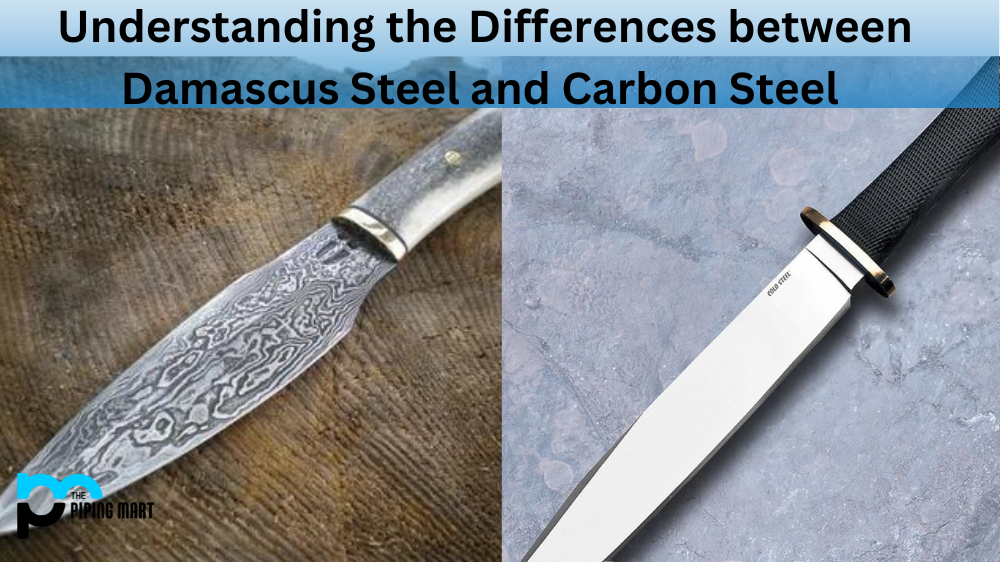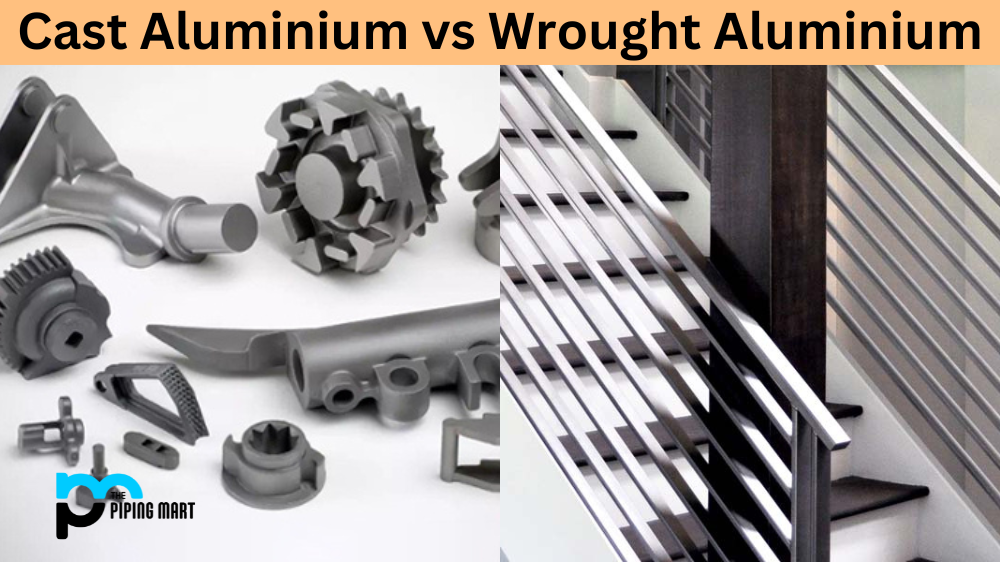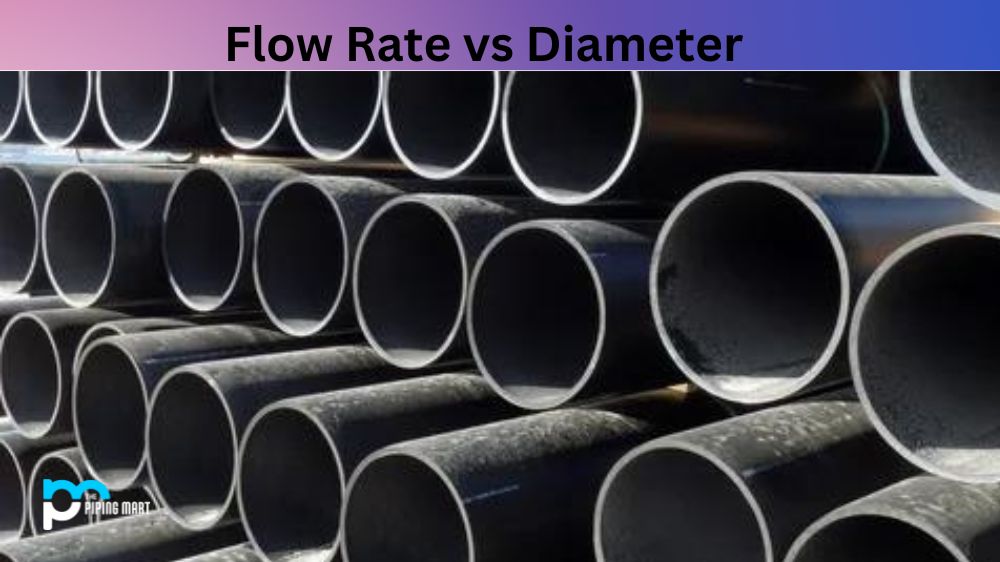When it comes to steel, there are two main categories—ferrous and nonferrous metals. But what exactly is the difference? And how does high-carbon steel fit into the mix? In this blog post, we’ll answer these questions and more.
Difference Between Ferrous and Nonferrous Metals
Ferrous metals contain iron and can be magnetized. Examples of ferrous metals include cast iron, wrought iron, and mild steel. These types of metal are often used for construction and other heavy-duty tasks due to their strength and durability.
Nonferrous metals do not contain any iron, so they cannot be magnetized. Examples of nonferrous metals include aluminum, copper, brass, titanium, nickel alloys, magnesium alloys, and lead. These types of metal are often used in applications where corrosion resistance is important—such as automotive parts or boat hulls—as they are less prone to rusting than ferrous metals.
High Carbon Steel
High-carbon steel is a type of steel that contains between 0.6–1% carbon by weight. This type of steel is strong yet malleable enough to be shaped into anything from knife blades to springs or car parts. It is also resistant to wear and abrasion due to its high hardness rating on the Rockwell scale (HRC). High-carbon steel is considered a ferrous metal because it contains some amount of iron (typically around 0.3%).
Conclusion:
In conclusion, there are two main categories of steel—ferrous and nonferrous metals. Ferrous metals contain some amount of iron, whereas nonferrous metals do not contain any iron whatsoever. High carbon steel falls into the category of ferrous metal as it contains some amount (typically around 0.3%) of iron by weight. This type of steel is known for its strength yet malleability, which makes it suitable for a wide range of applications such as knife blades or car parts. Understanding the difference between ferrous and nonferrous metals can help you make an informed decision when choosing a material for your project!

Meet Bhavesh, a seasoned blogger with a wealth of knowledge and experience. From metal products manufacturing to retail, Bhavesh has a diverse background in various industries and is dedicated to sharing his insights and expertise with readers.




